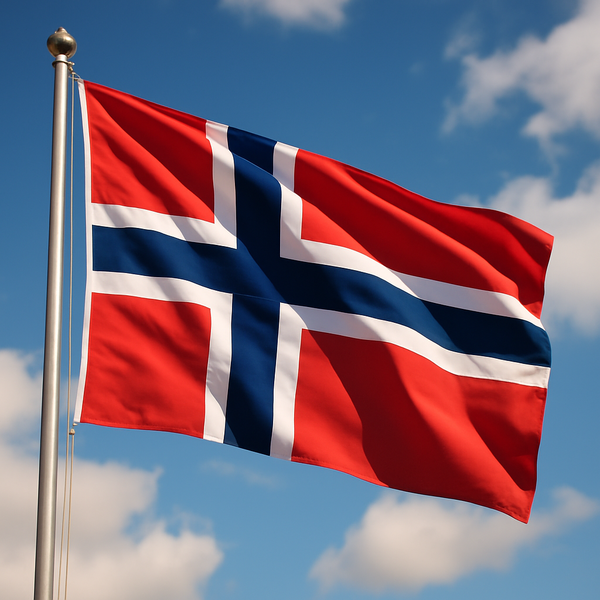
The Norwegian government has strengthened regulations on the Bitcoin mining industry and decided to temporarily ban the establishment of new mining facilities. The main reason is concerns about energy waste due to massive power consumption.
On the 20th (local time), Norwegian authorities announced that "as part of a sustainability review of high-energy industries, they will restrict the establishment of new virtual asset mining facilities such as Bitcoin". This is interpreted as a measure in line with carbon emission reduction targets and renewable energy expansion strategies.
Norway has established itself as one of the cryptocurrency mining hubs in Europe, based on its unique and affordable hydroelectric energy. However, as European countries have recently strengthened regulations on the mining industry in the name of environmental protection and energy security, Norway seems to have changed its direction.
Environmental groups welcomed the measure, calling it "a first step towards a sustainable transformation of the digital asset industry", while the mining industry protested that "unpredictable policy changes could hinder industry development".
Experts believe that the Norwegian government's announcement is likely to trigger the spread of mining regulations across Europe. Sweden, Germany, and others have already shown similar movements, and it could lead to joint regulatory discussions at the EU level.
While there is no immediate significant impact on Bitcoin prices, there are observations that long-term ripple effects could occur if changes in the global hash rate (mining computing power) landscape emerge.




